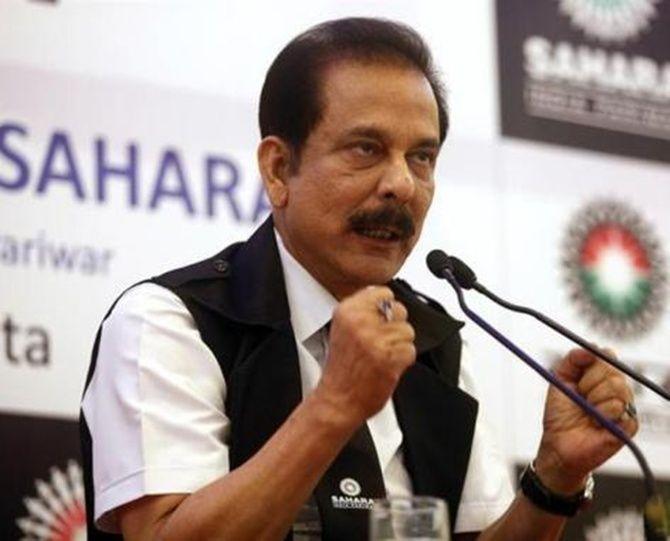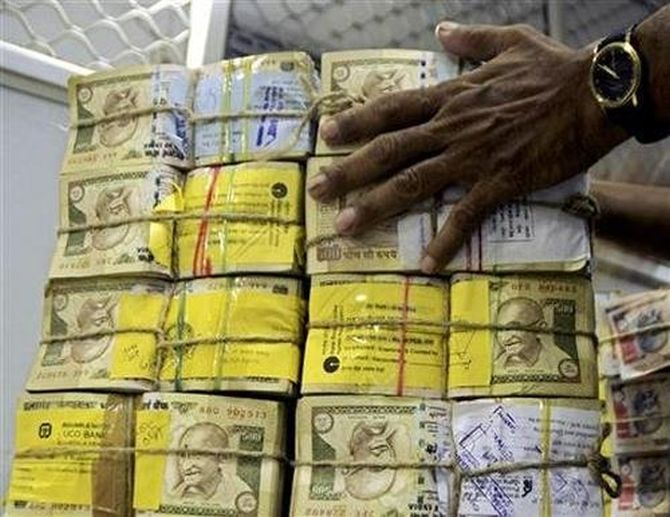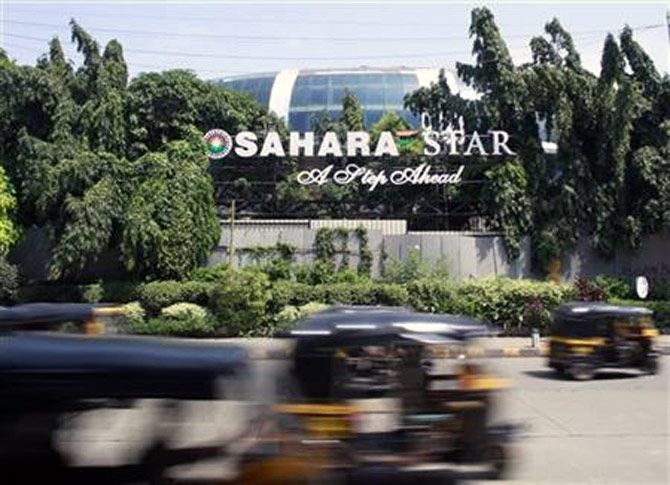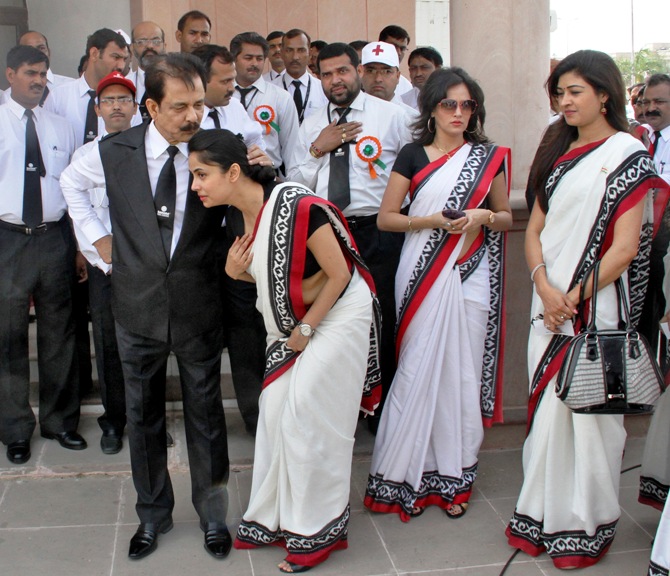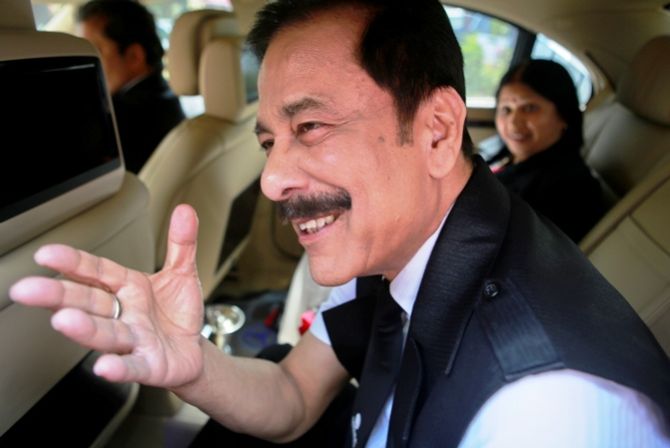 | « Back to article | Print this article |
Sahara case: A classic example of slippages by authorities
Subrata Roy, the Sahara Group chief seems to be sinking further in the land asset controversy. Investigating authorities have found multiple defects in title deeds that he has submitted till now.
On Tuesday, the Supreme Court of India sent Subrata Roy, the head of the Sahara group, and two other Sahara directors to judicial custody. Mr Roy and his fellow directors were in contempt of the court’s orders, said the judges--accusing Sahara of non-compliance and of “lying at every stage” to the court.
The final straw was Mr Roy’s non-appearance in court last week although he had been summoned.
Click NEXT to read more....
Sahara case: A classic example of slippages by authorities
The court stated it “accepted” Mr Roy’s apology for his absence, but said that two Sahara group companies had still not complied with an August 2012 order directing them to return Rs 24,000 crore ( Rs 240 billion), with interest, to around 30 million investors.
Sahara has said it is ready to start liquidating assets to meet the court’s requirement. This is in spite of the fact that it earlier claimed that a majority of investors in Sahara.
Housing Investment’s and Sahara India Real Estate’s optionally fully-convertible debentures (OFCDs) had already been paid.
In December 2012, several months after the Supreme Court’s direction, Sahara had deposited Rs 5,100 crore ( Rs 510 billion) with the Securities and Exchange Board of India, or Sebi.
Click NEXT to read more....
Sahara case: A classic example of slippages by authorities
The problem is that the remaining money has not been forthcoming since. Nor has the proof from Sahara that investors have in fact been repaid been deemed sufficient.
It is to the Supreme Court’s credit that it has persisted in following up its judgment. The court’s attitude stands in marked contrast to that of various regulatory agencies, including the corporate affairs ministry and Sebi.
That OFCDs were allowed to be issued in the first place, although the Reserve Bank of India had banned Sahara’s para-banking activities in 2008, was problematic.
Click NEXT to read more...
Sahara case: A classic example of slippages by authorities
Sebi claimed to have not been “alerted” about the problem – remember, thousands of crores were raised!-- until another Sahara group company came to the market regulator with an unrelated issue. Sahara indulged in regulator shopping, asking to be regulated by the ministry of corporate affairs instead.
Meanwhile, the questions raised about the provenance of the Rs 24,000 crore ( Rs 240 billion) with Sahara remain-- although one member of Sebi, K M Abraham, informed the income tax authorities and the Enforcement Directorate about the money, little came of the follow-up.
Click NEXT to read more....
Sahara case: A classic example of slippages by authorities
The Sahara case reveals that, in today’s environment, court intervention is what makes a major difference. This is an unsatisfactory situation.
The judicial system is for dispute resolution, not regulation; when it has no option other than taking on the latter task, it is straining both the separation of powers and principles of efficiency. Financial sector regulators, in particular, should recognise that, as the economy grows more complex, so must their efforts increase.
They cannot allow cases like Sahara to slip by.
